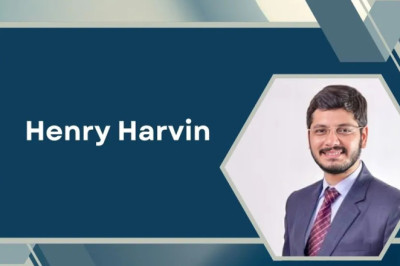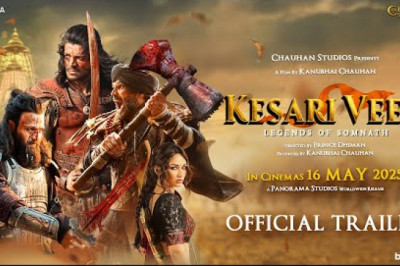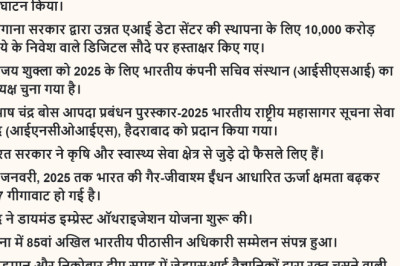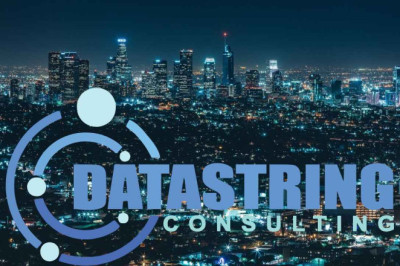views
In today's competitive job market, finding the ideal candidate can be tough and time-consuming. Maintaining consistency across interviews is a major challenge for recruiters and their teams. This is where video interview software can make a major difference. By standardizing the interview process, these technologies help interview as a service organizations ensure that all candidates are evaluated equally and consistently, resulting in better and more accurate hiring decisions.
Video interviewing software provides an organized approach to interviews, allowing interview as a service companies to build standardized interview templates with predetermined questions. These templates enable recruiters to evaluate candidates using the same set of criteria, guaranteeing that no one is ignored or unfairly assessed. Whether interviews are done in real-time or asynchronously, the program enables recruiters to assess prospects using a standard framework. This not only assures that each interview is fair, but it also helps hiring managers to make apples-to-apples comparisons between candidates, removing subjective biases that may arise during traditional, unstructured interviews.
Companies that use video interviewing software can also ensure that interviews are done in the same format every time, whether through live, one-on-one video sessions or recorded interviews. This consistency is especially useful for interviewing as a service organizations, who may be handling many client hiring processes simultaneously. A standardized interview method allows them to readily align with clients' individual needs while also guaranteeing that candidates are evaluated on a consistent set of abilities, experience, and cultural fit.
Furthermore, video interviewing software frequently contains built-in features for evaluating and scoring candidate responses, making it simpler to track and compare performance among prospects. This automatic grading assists interview as a service organizations in reducing human error while delivering objective, data-driven insights into how each candidate fared. Interviewers can return to recorded interviews at any time, examine their notes, and evaluate candidates without the pressure of time limits, ensuring that every decision is based on a comprehensive evaluation rather than a rushed judgment.




















Comments
0 comment